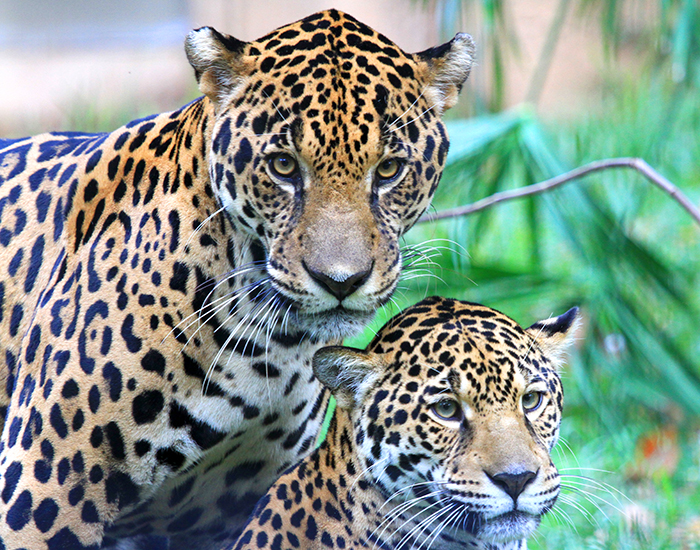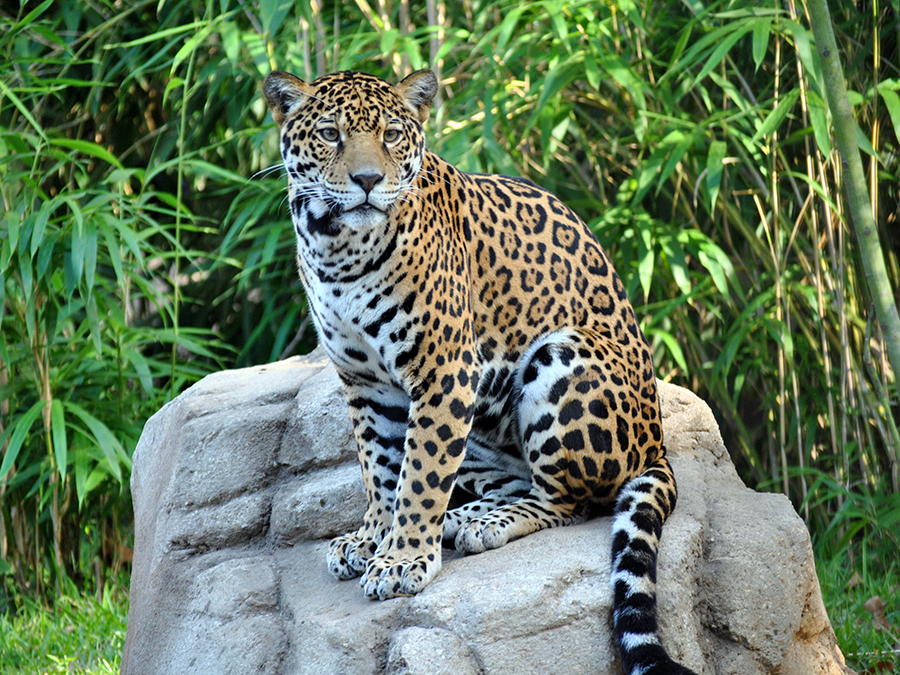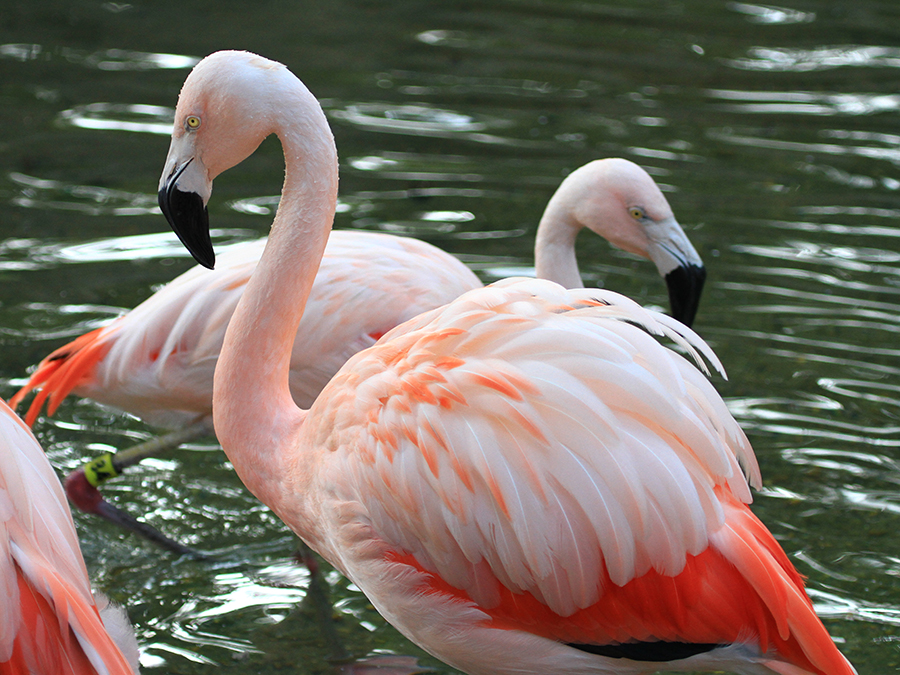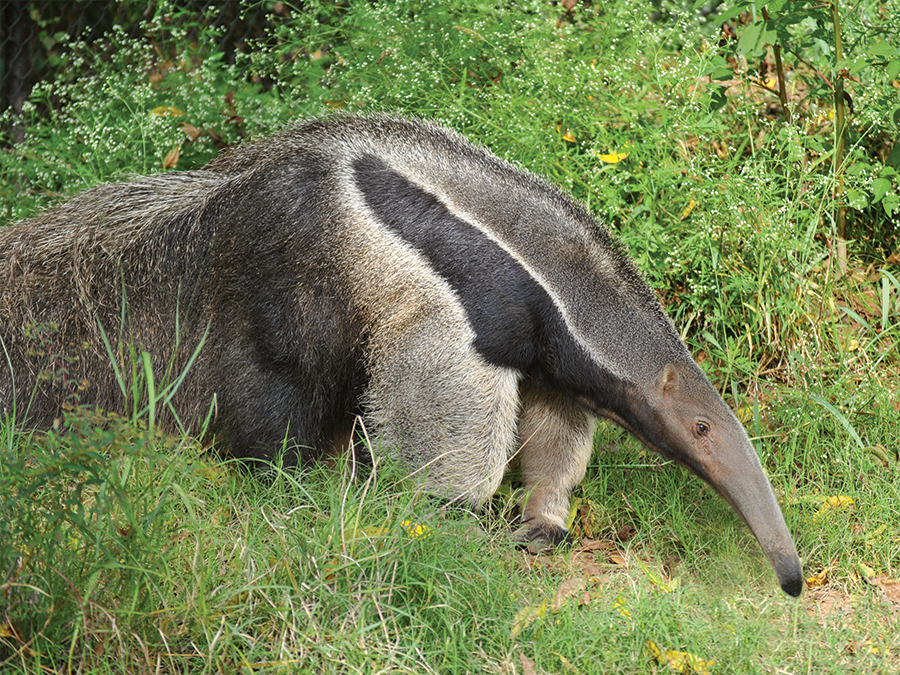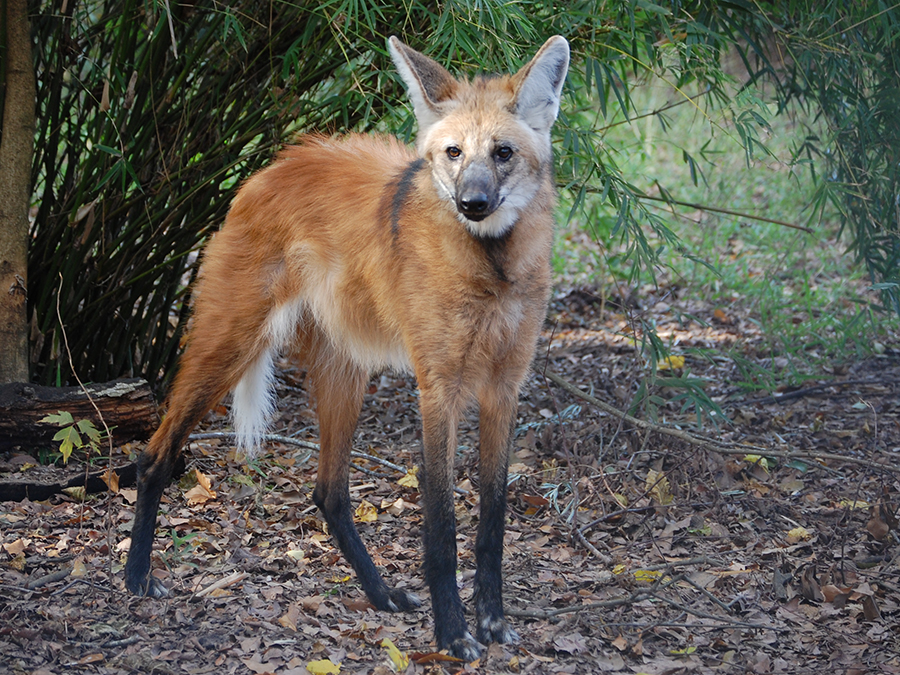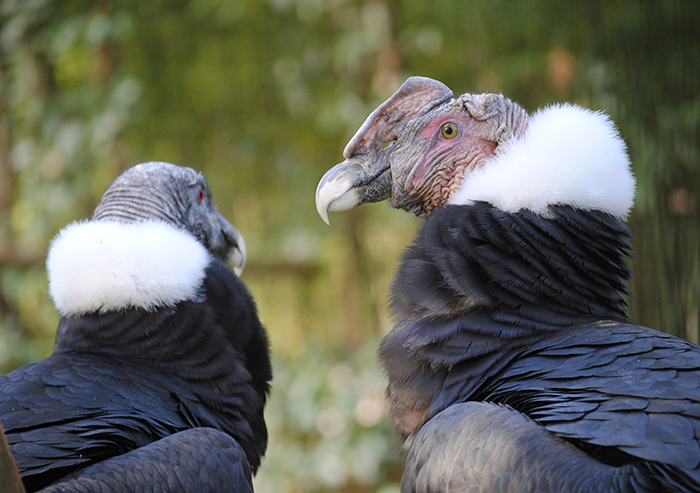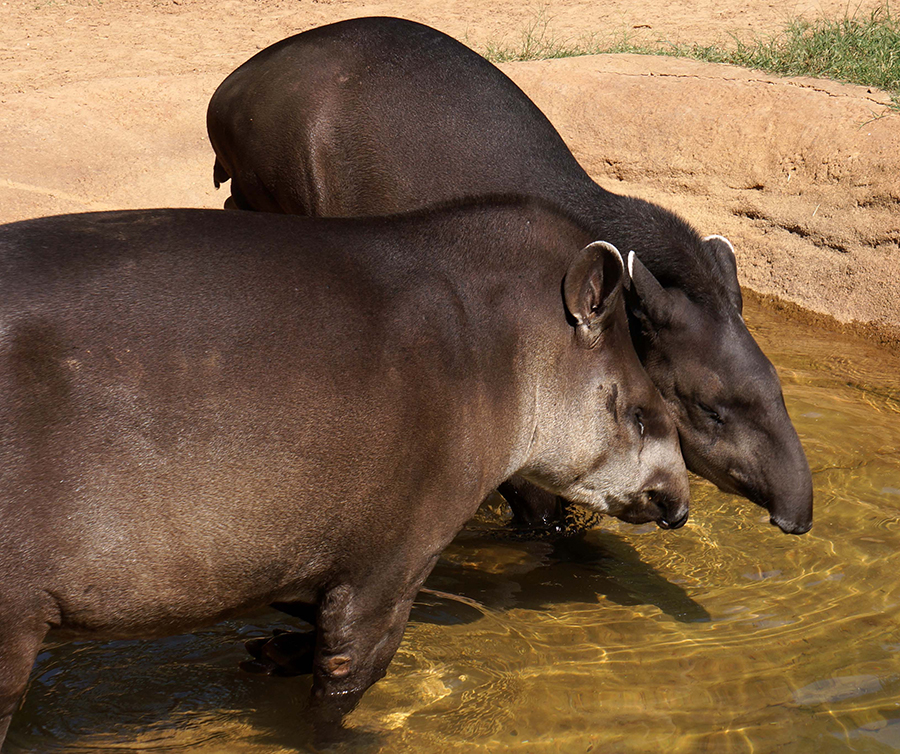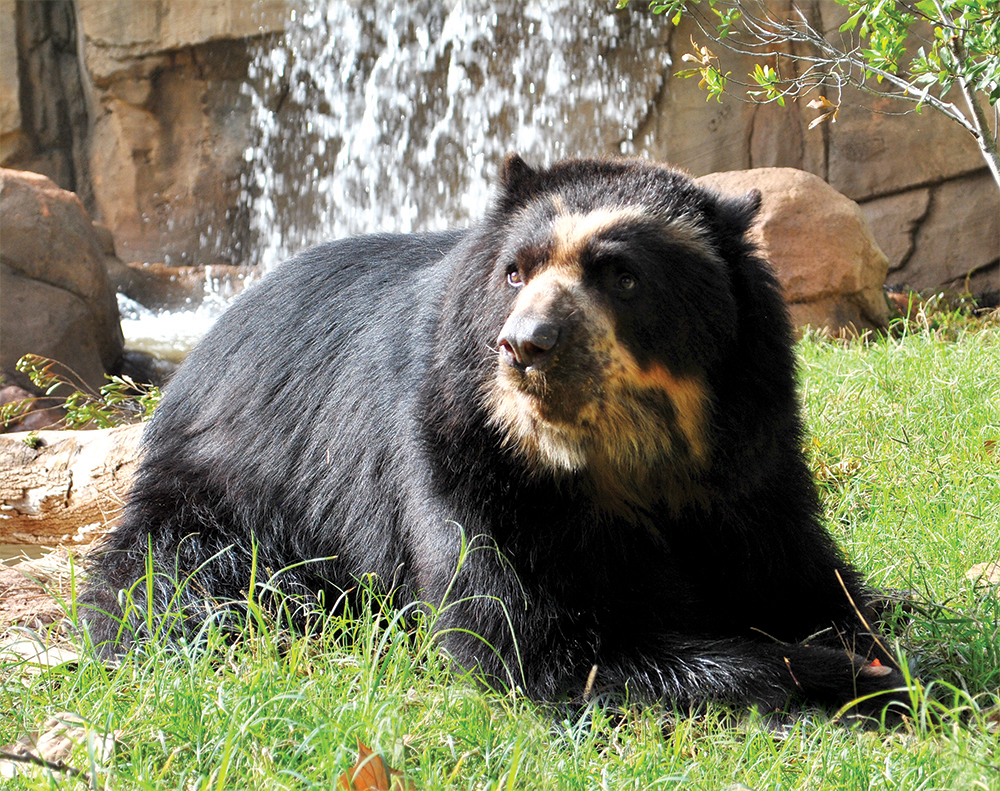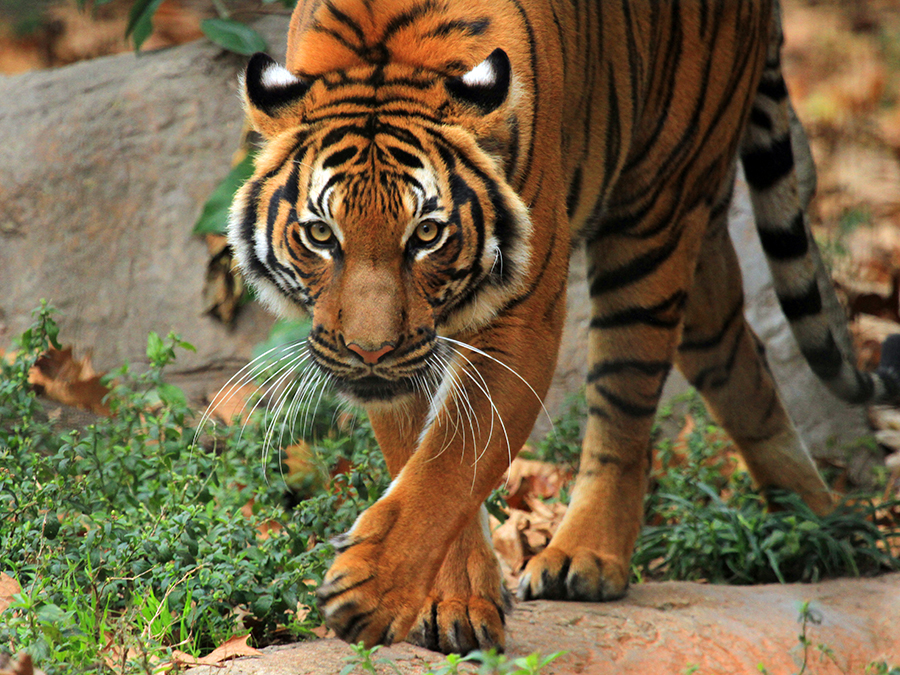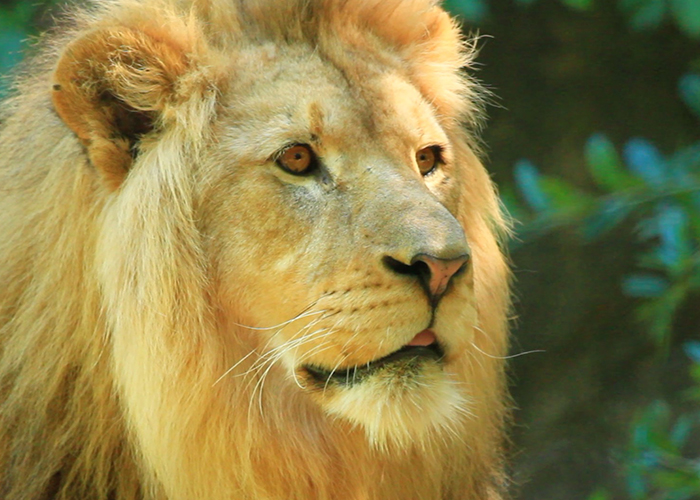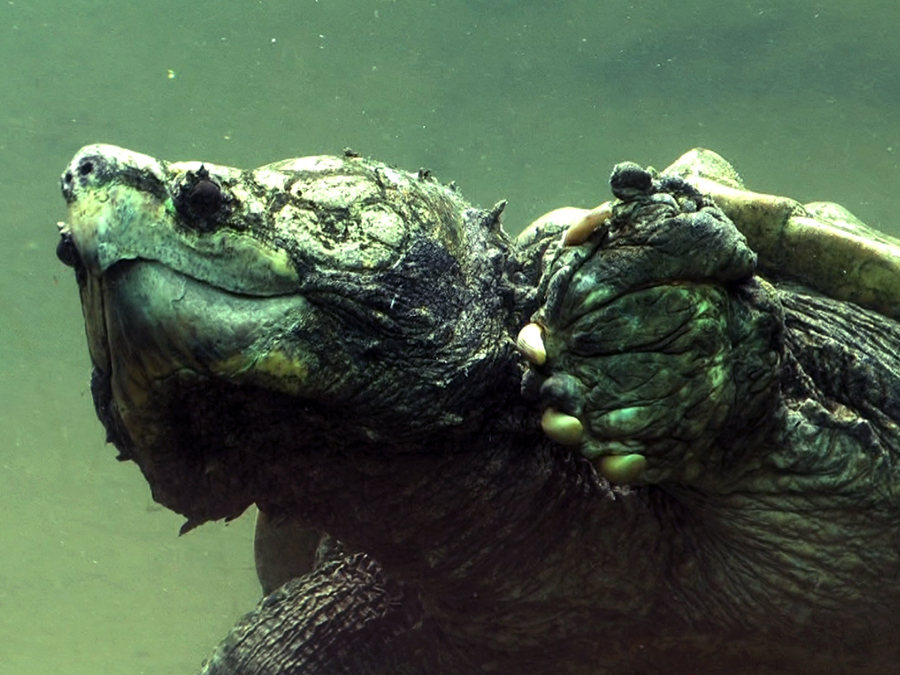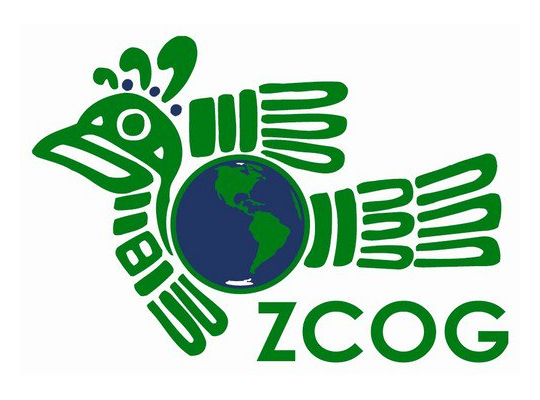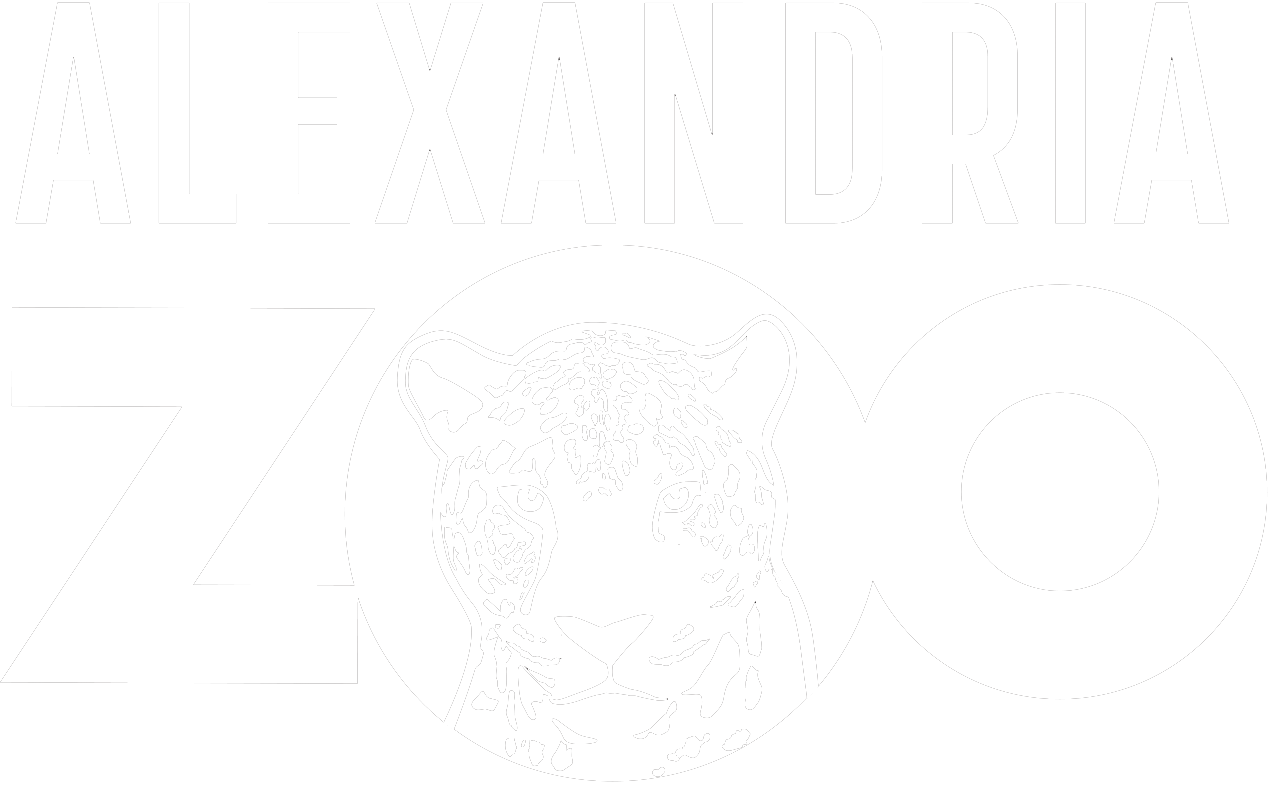Tiger
The Tiger Conservation Campaign is coordinated by the Association of Zoos and Aquariums’ Tiger Species Survival Plan and currently focuses on projects that benefit wild Amur, Malayan, and Sumatran tigers.
In peninsular Malaysia, the campaign supports efforts to increase the effectiveness of anti-poaching patrols and to strengthen anti-poaching laws. They are also supporting local education and outreach efforts in Malaysia, focused on tiger conservation.
In Sumatra, the campaign is supporting WCS's efforts to reduce tiger-human conflict by constructing tiger-proof livestock pens in villages, increasing outreach and awareness, and responding with veterinary assistance to tigers caught in snares. They also support efforts to combat tiger related crime and habitat loss.
In the Russian Far East, the campaign is supporting WCS's efforts to curb poaching, understand diseases that threaten Amur tigers, and train veterinarians so they can respond to disease outbreaks.
